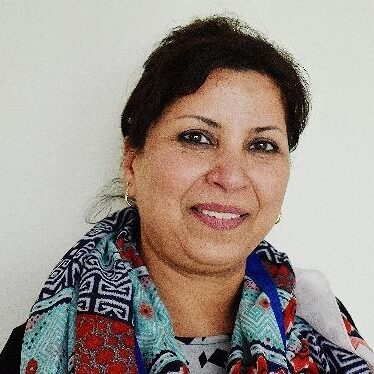Valuing home languages at school

A language learned in childhood at home is called home language, also referred to as mother tongue, first language or native language. Home language plays a significant role in learning and acquiring a second language. English should not replace the home language; it should develop alongside it.
There are many reasons to maintain the home language as children learn to communicate best with their close family members and friends. Their home language is important for strong bonding, trust, affection and security.
Home language is important for personal, social and cultural identity and contributes to the development of personal values and a positive view of their place in society.
It is important to keep their home language active for developing their knowledge, skills and understanding. It teaches them how language works. Learners learning one language at home and another in their schools need to use their home language as much as possible. Parents should be encouraged to speak their home language. This builds a firm foundation for the second language acquisition. Without this foundation, both first and second languages can be delayed or disrupted.
Tips to value home language
- Multicultural welcome signs are a common way to acknowledge learners’ home language.
- Provide multilingual resources at school including books, songs and games.
- Encourage parents to talk with their children about what they are learning in school and to use academic vocabulary from their home language.
- Do a bilingual read-aloud with the parents to give monolingual children an idea of what it is like for a new arrival in an English-speaking class.

In school, we must value learners’ home language as well as their efforts to learn English. “To reject a child’s language in the school is to reject the child”, says Cummins (2011). To value the language in class is to support that child in fulfilling their true linguistic potential.
Upcoming Strategies Training
Education North Tyneside’s ILAS team is hosting the Strategies for supporting English as an Additional Language (EAL) learners on 15th May 2025 at the Langdale Centre
Develop strategies for supporting EAL pupils and acquire skills and techniques to encourage learning and development. Improve your understanding of the challenges faced by EAL learners and develop strategies on how best to support them.
We look forward to seeing you at this training!
Article by
Rashda Salamat
English as an additional language Teacher
The Inclusive Learning and Achievement Service (ILAS)
rashda.salamat@northtyneside.gov.uk

